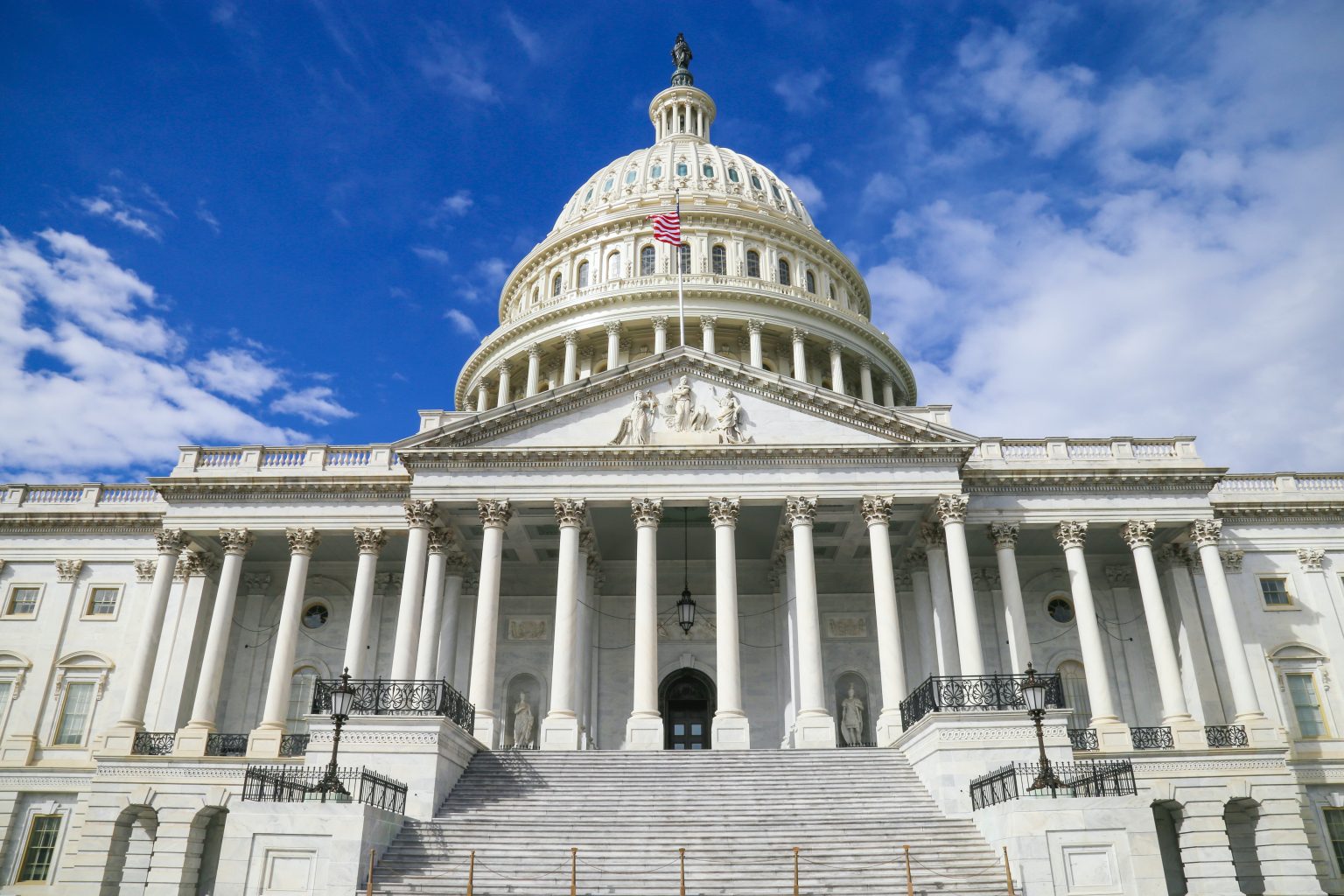Changes in Tax Minimization Strategies
President Trump signed the One Big Beautiful Bill (OBBB) into law on July 4, 2025. Most importantly to our practice, the OBBB permanently raised the estate tax exemption to $15 million (with annual inflation adjustments) per person. This means a married couple has a total exemption of $30 million available to them. In other words, the large majority of Montanans will be completely exempt from paying a single dime in federal estate tax.
Some estate planning strategies require us to decide to either minimize the estate tax or the income and capital gains taxes. In the past, when the exemption was lower or uncertain, estate planning attorneys were often focused on using planning tools that minimized estate tax exposure, since the estate tax is usually a higher rate than the capital gains or income tax. Now that we have some certainty in the tax law for the foreseeable future, we know that the estate tax will not impact most of our clients. So, our new planning priority is to implement strategies that minimize exposure to income and capital gains taxes, which still affect everyone.
Bypass Trusts
Many of our trusts utilize a tool upon the death of the first spouse called a Bypass Trust or Family Trust. The Bypass Trust has many great benefits, one of which is to protect assets from the estate tax upon the death of the second spouse. However, now that the estate tax exemption is so high, it may be in some of our clients’ best interests to activate a tool in our trusts that we refer to as a “toggle switch,” which allows us to minimize capital gains taxes upon the death of the second spouse if the heirs ever sell the property.
If you are a widow, and upon your spouse’s passing some assets went into a Bypass Trust, we strongly encourage you to consult with one of our attorneys about potentially activating the toggle switch.
Property Held in Separate Trusts
Some married clients have joint trusts (one trust for the couple), and some clients have separate trusts (each spouse has their own trust). When clients have separate trusts, properties will most often be split so that each trust has a one-half interest in the property. However, in some cases, clients may have elected to have a specific property owned exclusively by one spouse’s trust.
If you believe that you or your spouse has a property or investment account that is in one spouse’s trust only, we encourage you to consult with your attorney. While you may have no intent to sell the property now, widows often sell and downsize after their spouse passes away. If the surviving spouse decides to sell the property, we want to make sure that their
capital gains taxes are minimized, and if the property was held exclusively by one trust, there could be unfavorable tax implications.
Review Your Planning
Tax planning is complex and varies due to each client’s unique set of circumstances. Your attorney at Montana Estate Lawyers is prepared to review your planning with you in light of the changes made by the OBBB. Call us and schedule a planning review so that we can help you minimize taxes for yourself and your heirs.




